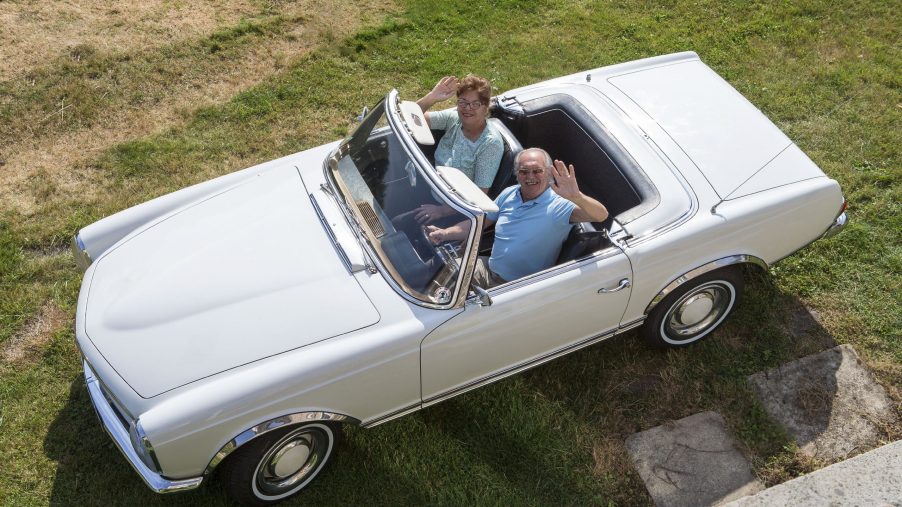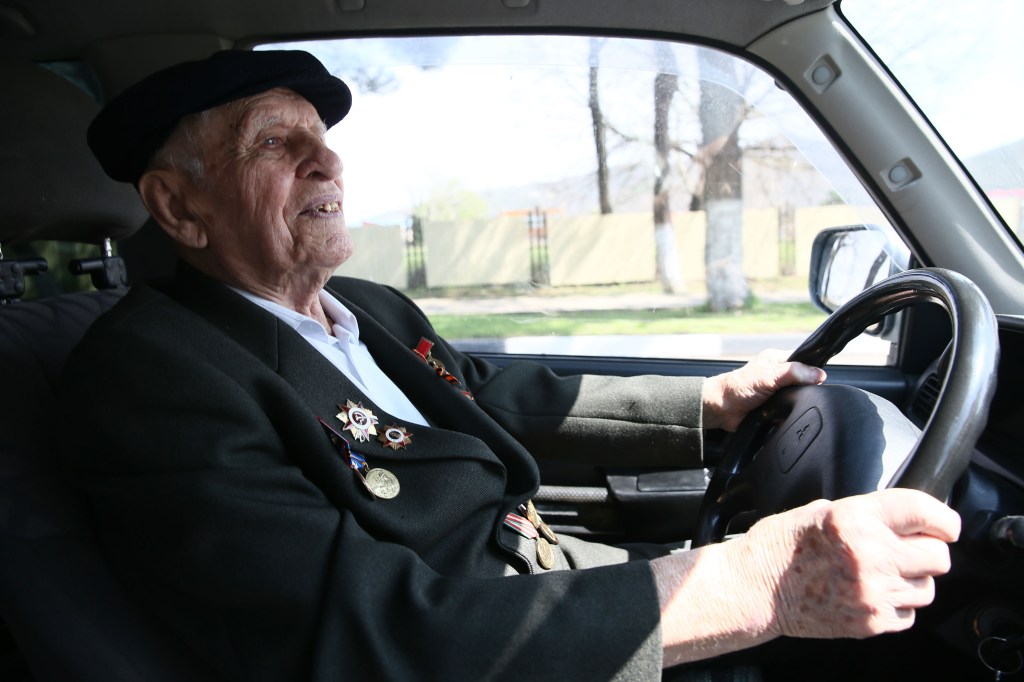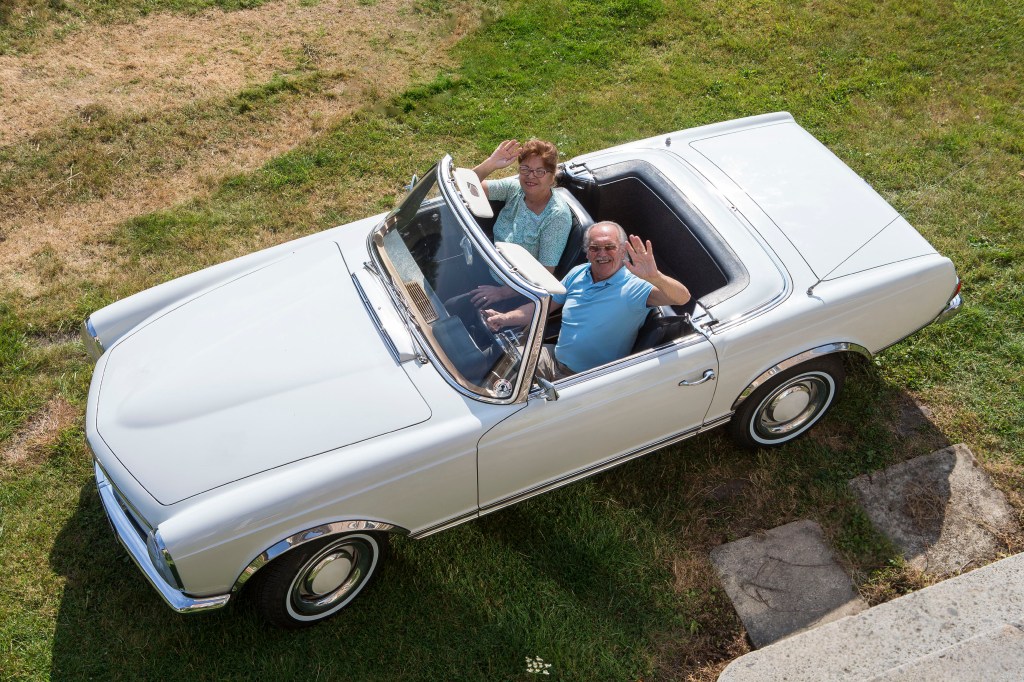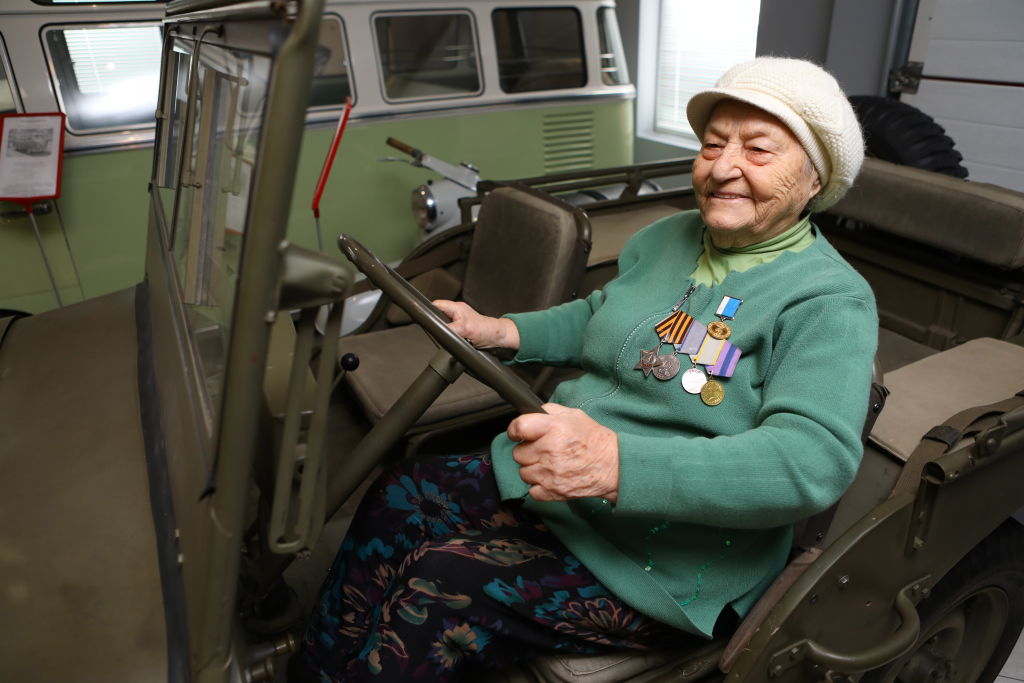
Are You and Your Car Older? Chances of Being Killed in a Crash Go Way Up
Whether due to familiarity, costs, or some other factor, older people tend to want to keep their old cars. Some call them retirement cars. But older cars don’t have the safety and technology features of newer cars, and that can be deadly.
Cars last longer, so should older drivers

Cars are lasting longer, which is a testament to technology and better overall quality. But a study from the Insurance Institute for Highway Safety paints a pretty grim picture of the consequences of keeping older cars. As a driver’s age goes up, so does the potential for them to become a fatality.
Drivers over 75 years old are at four times greater risk of dying in a side-impact accident than middle-aged drivers. For a frontal crash, they’re three times more likely to die. An older car is considered one that was made before 2005, according to the IIHS.
Why are older drivers more likely to die?

“In addition, as driver age increased, vehicles were less likely to be equipped with electronic stability control (ESC) and head-protecting side airbags as standard features,” writes the IIHS. “Vehicles without ESC were associated with 37 percent higher odds of driver fatality for drivers 70 and over, while vehicles without standard head-protecting side airbags were associated with double the odds of an older driver fatality.”
So things like electronic stability control and side curtain airbags really do save lives. Yet some older drivers don’t see the merit in these 21st-century safety features. “When choosing their current vehicle, drivers 70 and older were less likely than middle-aged drivers to have required ESC, blind-spot monitoring, side or curtain airbags, and forward-collision warning or automatic emergency braking (AEB),” says the IIHS. “Only about a quarter of older drivers said they required AEB, compared with 40 percent of middle-aged drivers, for example.”
Older drivers drive less-that’s bad too

Of course, older drivers are more vulnerable simply because they’re old. Also, they tend to drive less which gives the false impression that fewer miles driven means less potential for an accident. But the IIHS says that is not the case.
“That’s especially problematic because statistics show that crash risk per mile is higher for drivers who drive less, particularly those who travel fewer than 3,000 miles a year, than for those who log more travel. Driving on local roads is, in fact, riskier than highway driving. So the tendency of older drivers to restrict their highway travel and stay within their local areas means they accumulate most of their mileage in riskier conditions.” And that can apply to all of us.
Some seniors don’t care about safety features

Overall, older drivers see neither the need nor the advantage to modern safety features. “About 10 percent of older drivers said that safety ratings are not at all important, compared with four percent of middle-aged drivers. And fewer older than middle-aged drivers ranked safety ratings as extremely important in their purchase decision.”
One in seven Americans are older than 65, and 30 percent die before reaching 65. So by the time you’re 70 you’ve beat certain odds. Why risk losing your life too soon driving an older car?



